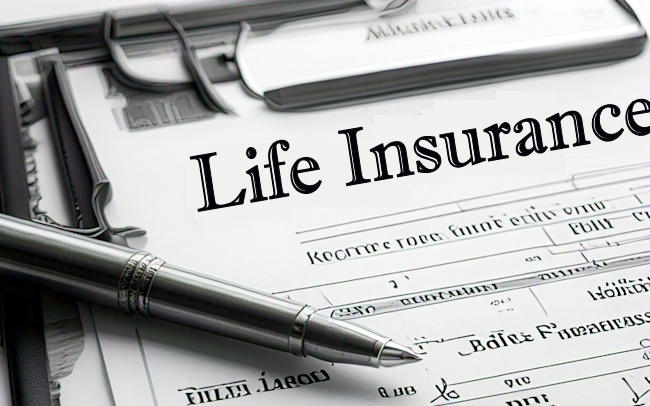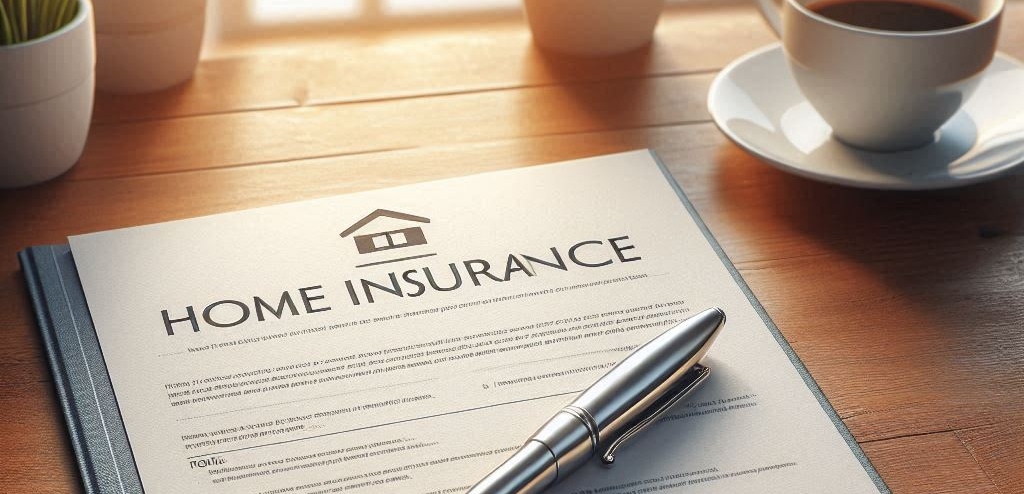Hurricane season is an annual event that brings a mix of anxiety and preparation. The financial impact of a hurricane can be significant, but with the right strategies, you can safeguard your finances and ensure you’re prepared for whatever the season brings. This guide offers comprehensive advice on how to financially prepare for hurricane season in Florida so that you can face the storm with confidence and peace of mind.
Understanding the Financial Risks of Hurricane Season
Before diving into preparation strategies, it’s essential to understand the financial risks associated with hurricanes. Florida’s location makes it particularly vulnerable to hurricanes, leading to property damage, business interruptions, and significant out-of-pocket expenses. From repairing your home to replacing belongings and covering living expenses if evacuation is necessary, the costs can quickly add up. Being aware of these potential expenses is the first step in effective financial preparation.
Reviewing and Updating Your Insurance Policies
One of the most critical steps in financially preparing for hurricane season is reviewing your insurance policies. Homeowners insurance, flood insurance, and even auto insurance should be carefully examined to ensure you have adequate coverage. In many areas, flood damage is not covered under standard homeowners’ insurance, making flood insurance an essential addition.
Take the time to read the fine print of your policies, and consider increasing your coverage if necessary. Make sure you understand the deductible you’ll need to pay out of pocket before your insurance kicks in and confirm what is covered in terms of wind damage, water damage, and other hurricane-related incidents.
Building an Emergency Savings Fund
Having an emergency savings fund is vital for covering unexpected expenses that may arise during hurricane season. Aim to save at least three to six months’ worth of living expenses, which can help cover costs like evacuation, temporary housing, food, and repairs not covered by insurance. Even if you already have a savings fund, consider boosting it during hurricane season to ensure you have enough to cover any potential emergencies.
Saving for emergencies may seem daunting, but small, consistent contributions can increase over time. Consider setting up an automatic transfer from your checking account to a dedicated savings account each month to build your funds without thinking about it.
Understanding the Financial Risks of Hurricane Season
Before diving into preparation strategies, it’s essential to understand the financial risks associated with hurricanes. Florida’s location makes it particularly vulnerable to hurricanes, leading to property damage, business interruptions, and significant out-of-pocket expenses. From repairing your home to replacing belongings and covering living expenses if evacuation is necessary, the costs can quickly add up. Being aware of these potential expenses is the first step in effective financial preparation.
Reviewing and Updating Your Insurance Policies
One of the most critical steps in financially preparing for hurricane season is reviewing your insurance policies. Homeowners insurance, flood insurance, and even auto insurance should be carefully examined to ensure you have adequate coverage. In Florida, flood damage is often not covered under standard homeowners’ insurance, making flood insurance an essential addition.
Take the time to read the fine print of your policies, and consider increasing your coverage if necessary. Make sure you understand the deductible you’ll need to pay out of pocket before your insurance kicks in and confirm what is covered in terms of wind damage, water damage, and other hurricane-related incidents.
Building an Emergency Savings Fund
Having an emergency savings fund is vital for covering unexpected expenses that may arise during hurricane season. Aim to save at least three to six months’ worth of living expenses, which can help cover costs like evacuation, temporary housing, food, and repairs not covered by insurance. Even if you already have a savings fund, consider boosting it during hurricane season to ensure you have enough to cover any potential emergencies.
Saving for emergencies may seem daunting, but small, consistent contributions can increase over time. Consider setting up an automatic transfer from your checking account to a dedicated savings account each month to build your funds without thinking about it.
Creating a Detailed Hurricane Budget
A hurricane budget is a specialized plan that accounts for the unique financial needs during hurricane season. This budget should include expenses for home fortifications, emergency supplies, and potential evacuation costs. Consider what you might need to spend on items like plywood, hurricane shutters, portable generators, and additional insurance coverage.
In addition to these direct costs, your hurricane budget should account for potential income loss if you cannot work due to storm-related disruptions. By planning and setting aside funds for these expenses, you can avoid dipping into your regular budget or emergency savings.
Protecting Important Financial Documents
Safeguarding your important financial documents is another crucial aspect of preparing for hurricane season. Documents such as insurance policies, birth certificates, passports, and property deeds should be stored in a waterproof and fireproof safe. Additionally, consider making digital copies of these documents and storing them securely online or on a portable drive you can take if you need to evacuate.
Quick access to these documents will make filing insurance claims easier, applying for disaster assistance, and proving property ownership if necessary.
Investing in Home Fortifications
Fortifying your home against hurricane damage is an investment that can save you money in the long run. This can include installing storm shutters, reinforcing your roof, securing doors and windows, and trimming trees that could fall during high winds. While these upgrades may require an upfront investment, they can significantly reduce the risk of costly damage during a hurricane.
Many home fortifications may qualify you for discounts on your homeowner’s insurance, providing additional financial savings. Check with your insurance provider to see if they offer incentives for making your home more hurricane-resistant.
The Benefits of Storage Services During Hurricane Season
During hurricane season, protecting your valuable belongings is paramount. Storage services are one way to safeguard items that are irreplaceable or sensitive to damage. Find a secure unit that will provide peace of mind and ensure your possessions are safe from the elements.
When choosing a storage facility, look for one that offers climate-controlled units, which can protect your belongings from humidity and temperature fluctuations. Additionally, ensure the facility is well-protected against flooding and has a robust security system. By finding it, you can rest assured that your valuable items are protected throughout hurricane season.
Planning for Potential Evacuation Costs
Evacuation may be necessary during a severe hurricane, and planning for the associated costs is essential. These include travel expenses, hotel stays, meals, and other incidentals. If you have pets, consider the additional costs of pet-friendly accommodation or boarding.
To prepare research on potential evacuation routes and locations ahead of time. Look into hotel options in areas typically out of the storm’s path and set aside funds for these expenses. Planning can help you avoid last-minute financial stress if you must evacuate quickly.
Preparing for Post-Storm Financial Recovery
Once the storm has passed, the financial recovery process begins. This can include filing insurance claims, repairing your home, replacing lost or damaged belongings, and addressing other economic challenges. Having a plan in place for post-storm recovery can help you navigate this process more smoothly.
Start by listing steps after a hurricane, such as documenting damage, contacting your insurance company, and securing repair estimates. Insurance payouts can take time, so having an emergency fund cover immediate expenses is crucial.
Hurricane Season in Florida: Seeking Professional Financial Advice
If financially preparing for hurricane season feels overwhelming, consider seeking professional financial advice. A financial advisor can help you create a comprehensive hurricane preparedness plan tailored to your unique situation. They can also guide insurance, budgeting, and savings strategies that will best protect your finances during hurricane season.
Having a professional on your side can give you added confidence that you’re making the right decisions to safeguard your financial future.
Conclusion: Peace of Mind Through Preparation
Preparing for hurricane season in Florida requires careful financial planning, but the peace of mind it provides is well worth the effort. By reviewing your insurance policies, building an emergency fund, fortifying your home, and considering the benefits of storage services, you can ensure you’re financially ready to face the storm. Remember, starting early and staying informed is key to effective preparation. With the right strategies in place, you can protect your finances and weather any storm that comes your way.
You might also like:
- Finding Your Way: Navigating Insurance Coverage For Flood Recovery
- Budgeting for Insurance When You Live Near Natural Disasters
- The Advantages of Home Owner’s Insurance
- What to Look for in a New Insurance Company
Image Created by Meta AI




